Weeds!
denela
12 years ago
Related Stories

EDIBLE GARDENSNatural Ways to Get Rid of Weeds in Your Garden
Use these techniques to help prevent the spread of weeds and to learn about your soil
Full Story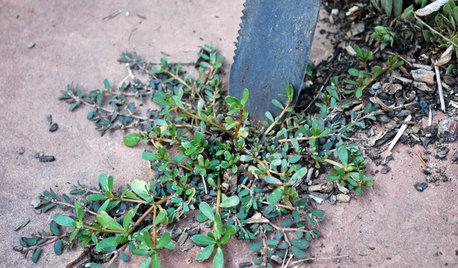
GARDENING GUIDES5 Ways to Naturally Win the Weed War
Show irksome weeds no mercy with these tricks for combating them sans chemicals
Full Story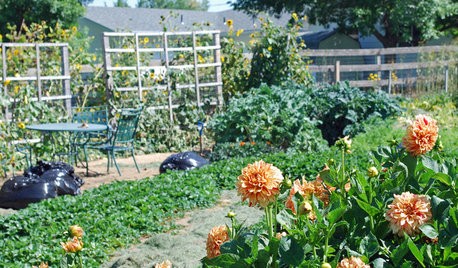
GARDENING GUIDESTackle Weeds the Natural Way
Instead of dousing your yard with chemicals to wipe out weeds, let time and nature work their magic via smothering and solarization
Full Story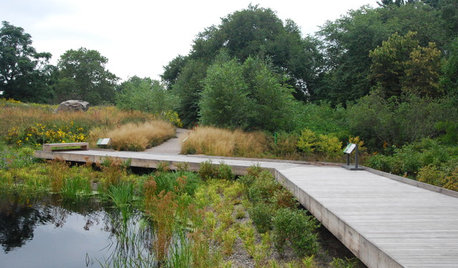
GARDENING GUIDESLet's Weed Out 4 Native Plant Myths
Plant wisely for a garden that supports pollinators and requires less work
Full Story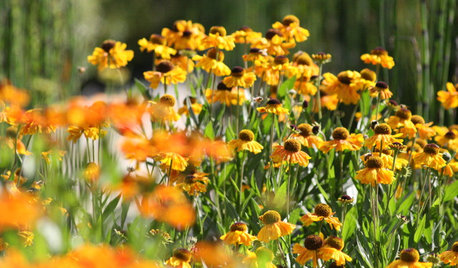
GARDENING GUIDESWhat’s in a Name? See 6 Wildflowers That Aren’t ‘Weeds’ at All
Dispel the stereotypes of weeds and try these wildlife-supporting native wildflowers in your garden
Full Story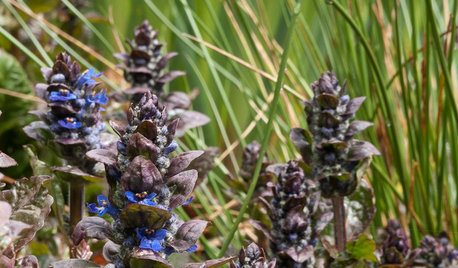
GARDENING GUIDESGreat Design Plant: Bugle Weed, a Quick Ground Cover
It’s highly adaptable, suppresses weeds, reduces erosion and provide weeks of bright flowers. Just watch for invasiveness
Full Story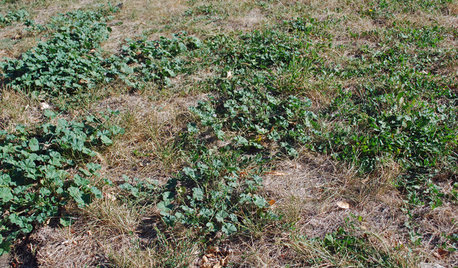
GARDENING GUIDESWeed War: When and How to Use Chemical Herbicides
Before you spray, arm yourself with knowledge about which weed killers — natural or synthetic — are right for your yard
Full Story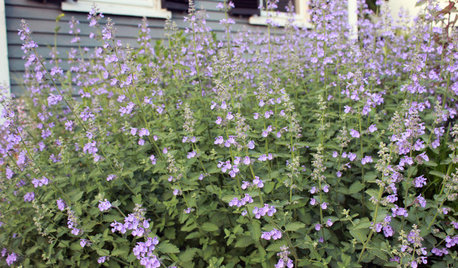
GARDENING GUIDES5 Weed-Smothering Ground Covers
Let these landscape plants do the dirty work of choking out weeds while you sit back and enjoy the view
Full Story
FLOWERSGreat Design Plant: Joe Pye Weed
This unsung beauty tolerates wet soil, provides beautiful late summer blooms and attracts butterflies and hummingbirds
Full Story
HOUZZ TOURSHouzz Tour: From Overgrown Weeds to Picturesque Farmhouse Expanse
This once-neglected 100-acre South Carolina site now features a lake, a wood-filled farmhouse and a far-reaching view
Full Story







botanicalbill
taxtax
Related Professionals
Allen Landscape Architects & Landscape Designers · Aloha Landscape Contractors · Davidson Landscape Contractors · El Segundo Landscape Contractors · Fort Payne Landscape Contractors · Fort Worth Landscape Contractors · Hannibal Landscape Contractors · Hoover Landscape Contractors · Pleasant Hill Landscape Contractors · San Bruno Landscape Contractors · Wanaque Landscape Contractors · Wayland Landscape Contractors · West Allis Landscape Contractors · Glenn Heights Swimming Pool Builders · Huntsville Swimming Pool Buildersdchall_san_antonio
denelaOriginal Author
jjfrisco
denelaOriginal Author
dchall_san_antonio
jjfrisco